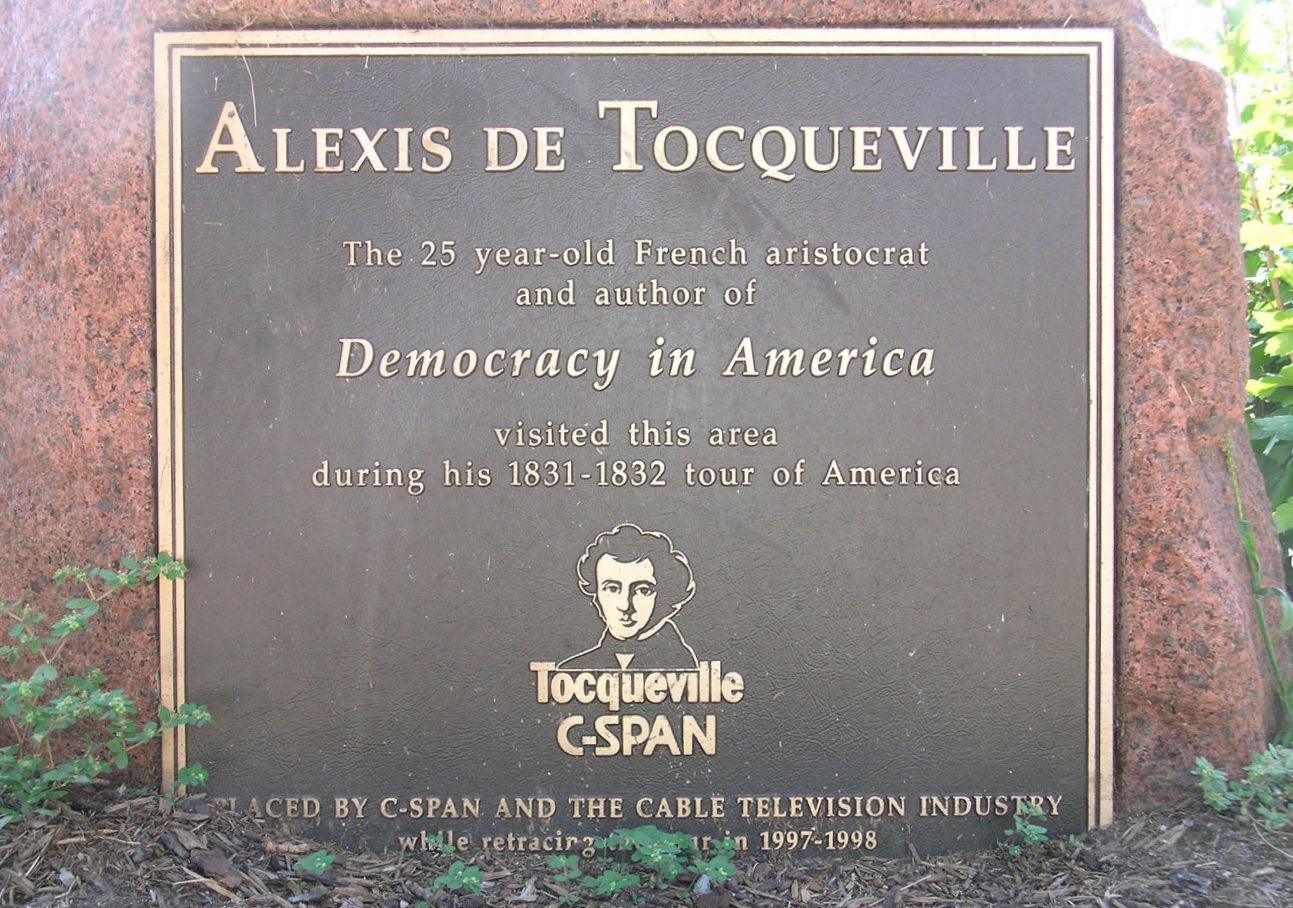

Then there is the matter of the author himself. Tarek Masoud is the Journal of Democracy ’s coeditor and the Ford Foundation Professor of Democracy and Governance at Harvard University’s John F. presidential election season, or at his uncanny prediction that the United States and Russia would one day inherit the world? (Admittedly, that latter prognostication probably does not impress the way it did during and right after the Cold War, and might seem positively bizarre to a Zoomer who knows Russia, if he knows it at all, as the home of a tinpot dictator.) But, regardless of whether bits of Tocqueville still resonate, can there be any doubt that the whites-only settler-colonial project that he toured for nine and a half months in 18 is a far cry from the multicultural, multiracial, raucously democratic, global superpower we call the United States almost two centuries later? Could a young person today be forgiven for wondering what we can possibly glean, aside from a few nuggets of historical interest, about democracy in America from Democracy in America? Who has not spent a few minutes marveling at Tocqueville’s evergreen depiction of a U.S. Tocqueville (1805–59) is often invoked for his supposedly deep insights into our country (a few of which, like the line that “America is great because she is good,” he never ventured), and for observations that feel like they could have been written yesterday.

472 pp.ĭoes Alexis de Tocqueville-the author of the nineteenth-century classic Democracy in America-still matter? Why should any of us today pay heed to a long-dead French aristocrat and his travelogue of a long-dead version of America? Princeton: Princeton University Press, 2022. The Man Who Understood Democracy: The Life of Alexis de Tocqueville.By Olivier Zunz.


 0 kommentar(er)
0 kommentar(er)
